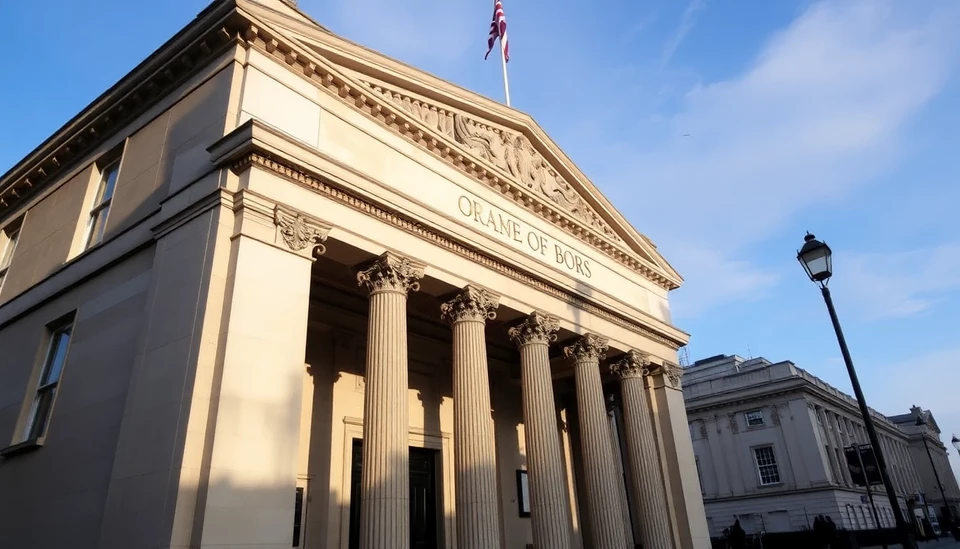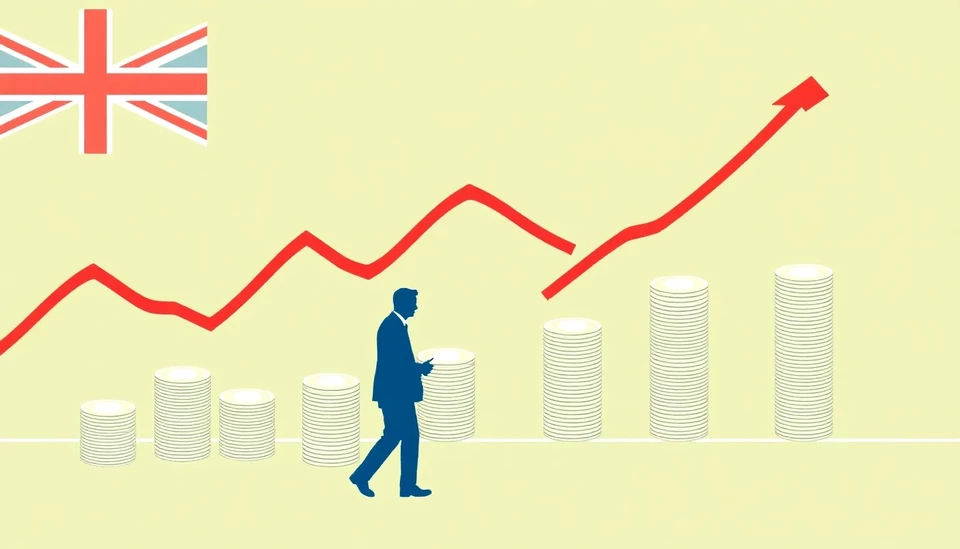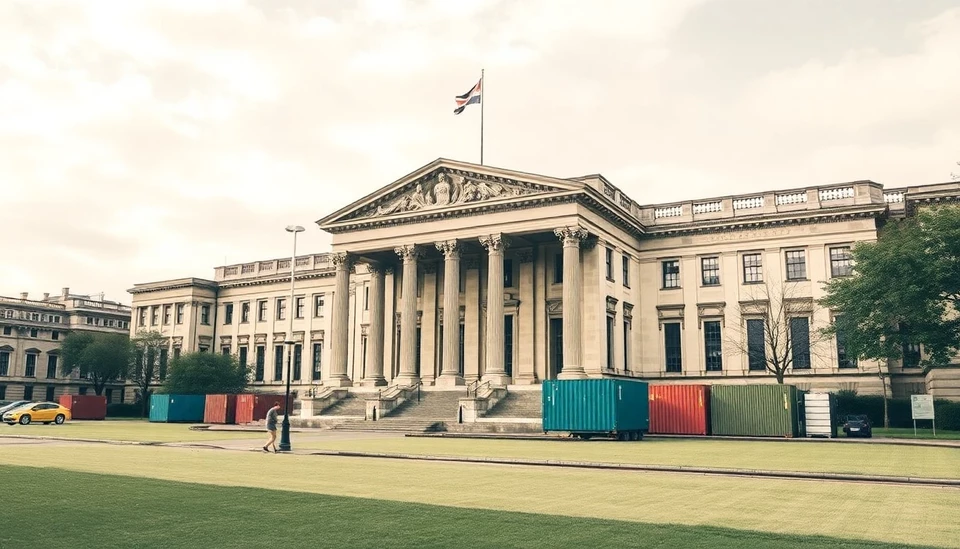
In a recent statement, Huw Greene, a prominent figure at the Bank of England (BOE), indicated that the decrease in interest rates in the UK might encourage greater consumer spending. As the BOE pivots its monetary policy in response to changing economic conditions, the implications of lower borrowing costs could play a crucial role in boosting economic activity across the nation.
Greene highlighted that recent trends suggest easing rates could provide households with more disposable income, leading to an uptick in consumer confidence. This shift in financial landscape stems from the BOE's ongoing efforts to stimulate the economy following a prolonged period of inflationary pressures, which has constrained growth and spending.
During a recent address, Greene pointed to ongoing initiatives aimed at reinvigorating economic growth as inflation shows signs of waning. He noted that with reduced interest obligations, families might feel enabled to increase their expenditures on both necessities and discretionary items, from everyday groceries to larger purchases such as vehicles or home improvements.
As Greene elaborated on the potential for growth, he emphasized that a vibrant consumer market is essential for sustained economic recovery. By fostering an environment where spending is encouraged, the BOE aims to strike a balance between supporting households and keeping inflationary pressures in check.
The commentary from Greene aligns with the broader objectives of the BOE’s monetary policy, which has seen interest rates gradually trend downward amid reassessments of global economic trends. The central bank continues to monitor the prevailing economic indicators closely, all while maintaining a commitment to remain responsive to emerging data.
Analysts have noted that any substantial increase in consumer spending as a result of lower interest rates could have a meaningful impact on the UK economy, shifting it towards a more resilient and optimistic trajectory. However, they remain cautious, reminding stakeholders that various external factors, including geopolitical tensions and global supply chain issues, could still influence this recovery.
The ramifications of declining interest rates are significant as businesses and consumers alike look toward a future that seems more favorable for economic engagement. Greene's insights undoubtedly add another layer of complexity to the discussion regarding the UK’s economic forecast, making it clear that while challenges remain, opportunities also abound.
As the situation evolves, all eyes will remain on the BOE and Greene’s subsequent analyses to understand the full scope of how these interest rate changes will shape the spending habits and financial stability of UK households in the months to come.
Ultimately, the potential for a resurgence in consumer spending presents a pivotal avenue for economic growth, underscoring the crucial role of monetary policy in navigating the ever-changing landscape of the UK economy.
#BankOfEngland #InterestRates #UKSpending #Economy #ConsumerConfidence #EconomicGrowth #HuwGreene
Author: Laura Mitchell




